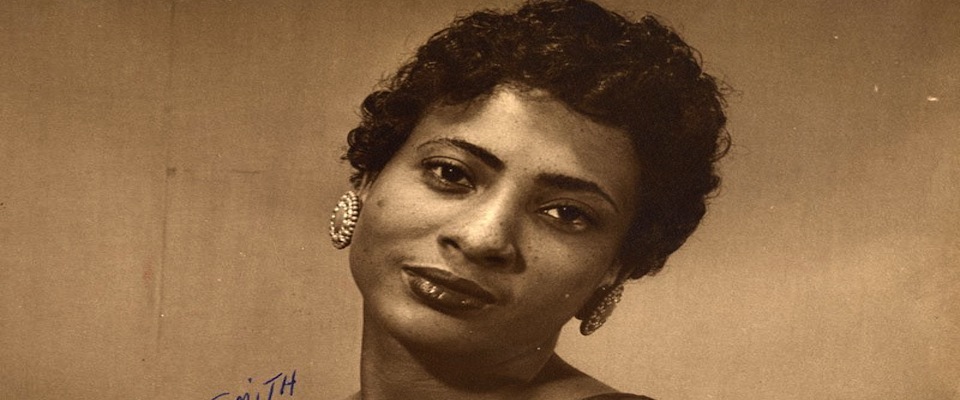This Week in Texas Music History, we’ll hear how the civil rights struggle took an operatic turn.
On May 8, 1957, news broke that the University of Texas at Austin had forbidden African-American student Barbara Smith from performing in an opera, simply because she was black. Smith was highly regarded within the Music Department, and the faculty had chosen her specifically to play the lead role in Dido and Aeneas. However, state legislators who opposed desegregation in higher education pressured the university president to remove Smith from the production. She found out about the decision only days before the opera debuted.
Barbara Smith’s plight became a national civil rights issue. Harry Belafonte offered to pay for her education elsewhere, but she remained at the University of Texas. After graduating, she left her home state and became a renowned opera singer in New York and Europe, performing under the name of Barbara Smith Conrad. Despite her difficult ordeal a half-century earlier, she returned to Austin in 2010 to be honored by the university and the Texas legislature.
Next time on This Week in Texas Music History, we’ll follow a songwriter down country music’s “lost highway.”



